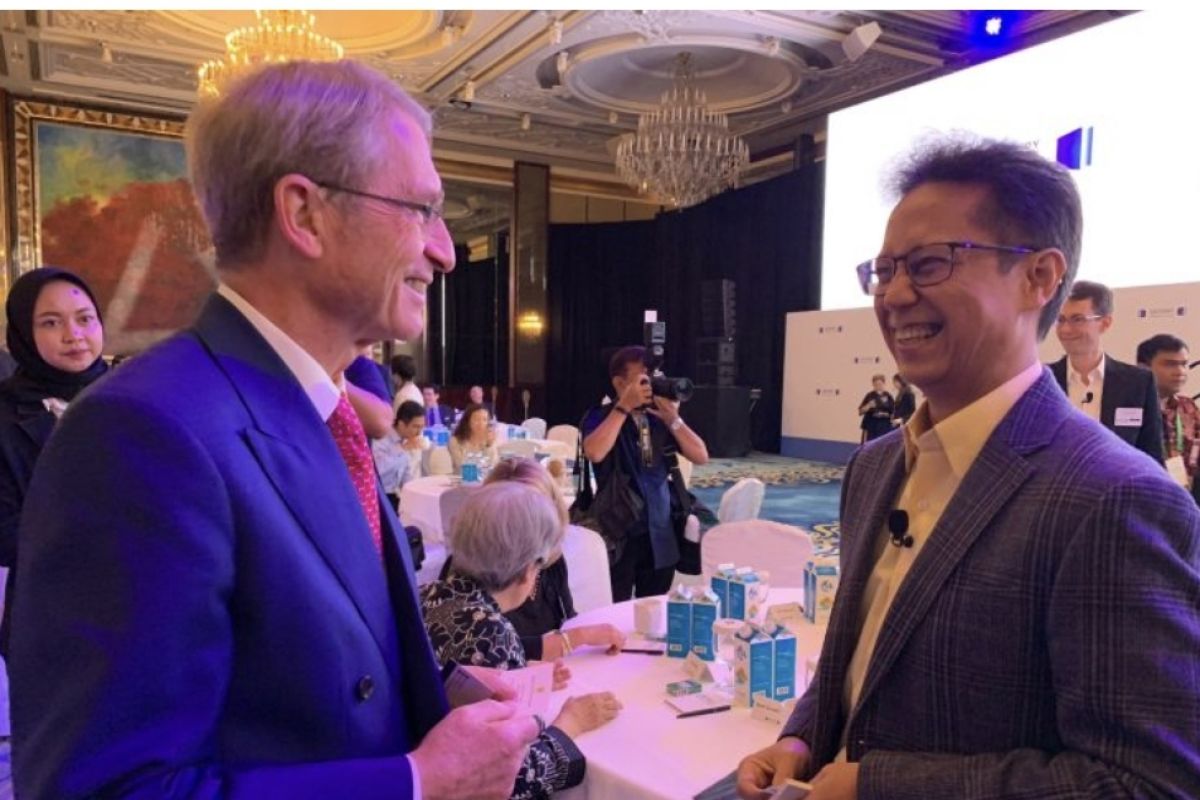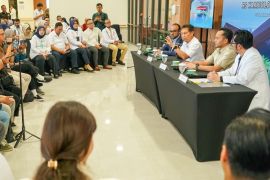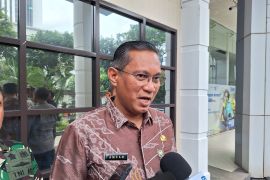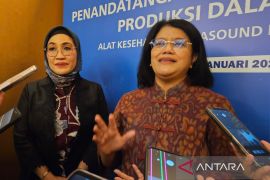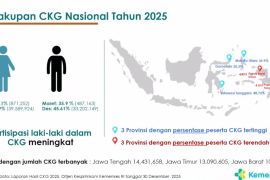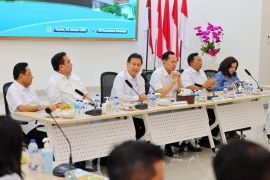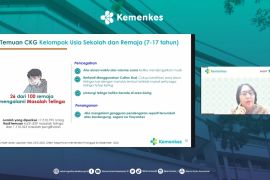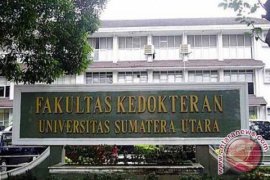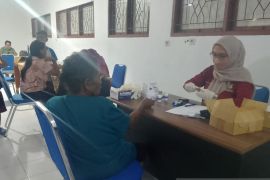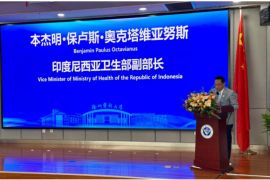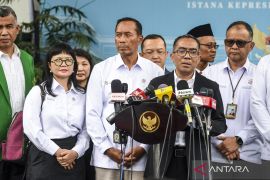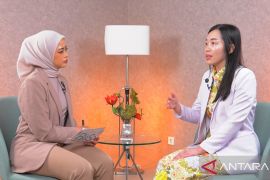The fund is intended to increase response capacity, prevention, preparation, and detection for facing future pandemics, he informed.
"COVID-19 has taught us that when we recover from a crisis, we must take steps to ensure that we build our strength to deal with future disease outbreaks with effective strategies," he said in a written statement received here on Saturday.
The Indonesian G20 Presidency initiated the FIF as a more effective financing mechanism to handle future pandemics.
At the “2022 Philanthropy Asia Summit: Fireside Chat” in Singapore on Friday, Sadikin said that even though the global COVID-19 situation has improved, each country must strengthen its capacity in terms of preparing, preventing, detecting, and responding to diseases that can emerge in the future.
This effort has become the common interest of all countries, especially the G20, in strengthening the health architecture to deal with infectious diseases that arise, re-emerge, and endanger public health, he added.
Related news: Indonesia promotes use of G20 Federated Public Trust Directory
The COVID-19 pandemic is also an opportunity for Indonesia to improve the health system in the country through six pillars of transformation, he said.
The six pillars include the transformation of primary health services by increasing access to basic health services such as immunization, consultation with general practitioners, health checks, and public education about healthy lifestyles.
The next is the transformation of referral services by strengthening referral services, especially in the eastern region by increasing access to the services and quality.
The third is transforming the health resilience system by strengthening emergency response through real-time laboratory-based supervision and developing domestic production capacity of active pharmaceutical ingredients, vaccines, and medical devices.
The fourth is the transformation of health financing by realizing more effective, efficient, equitable, and sustainable health financing to provide affordable health services.
The fifth is the transformation of health human resources by boosting adequate and equitable health human resources across Indonesia, and the sixth is the transformation of health technology and biotechnology by setting up a single platform for people to access health documents, which will function as a biotechnology innovation to improve the quality of public health services.
As part of the focus on biotechnology, the ministry has established the Biomedical and Genome Science Initiative (BGSi), which will focus on clinical improvement, to further improve genomics-based healthcare services in hospitals.
The three main activities of BGSi cover whole-genome sequencing, biobanks, and integrated data systems (medical records, demographic data, and genomic data).
Related news: Domestic pharmaceutical industry as a global health power: Minister
Translator: Andi Firdaus, Resinta S
Editor: Rahmad Nasution
Copyright © ANTARA 2022
